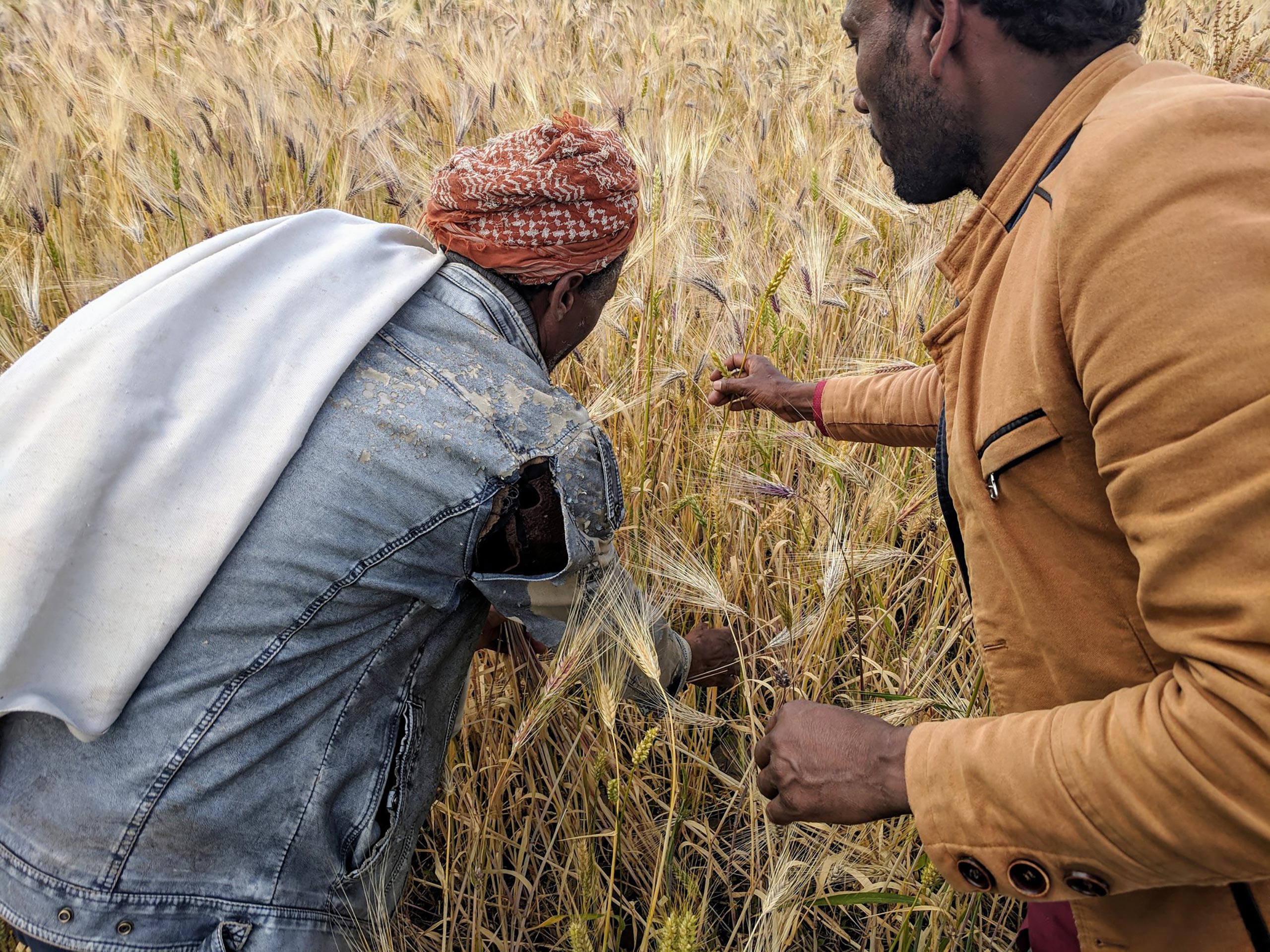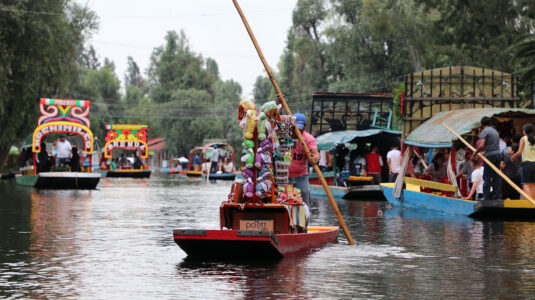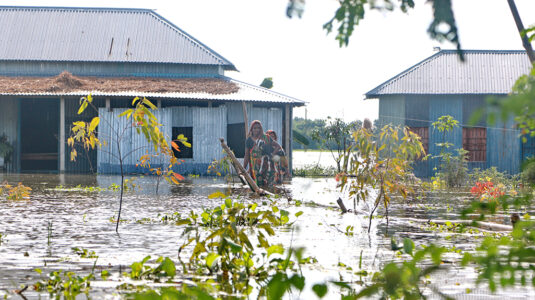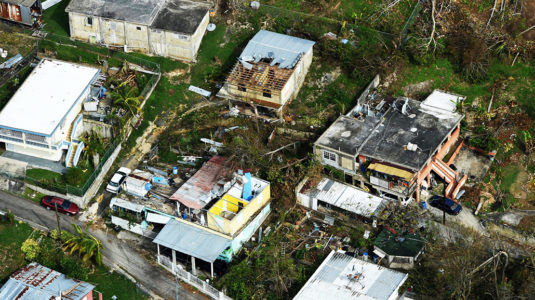IDCE, Geography, Becker School to partner on NSF-funded research

Climate change impacts and adaptation
All people and places are touched by climate change — but impacts and capacities to adapt are unevenly distributed across populations and landscapes, making social equity and justice core concerns. Our collaborative, integrative research and practice draw from the work of environmental, social, and policy sciences to strengthen society’s capacity to understand and address the climate crisis — charting a socially just, sustainable, climate-responsive future.
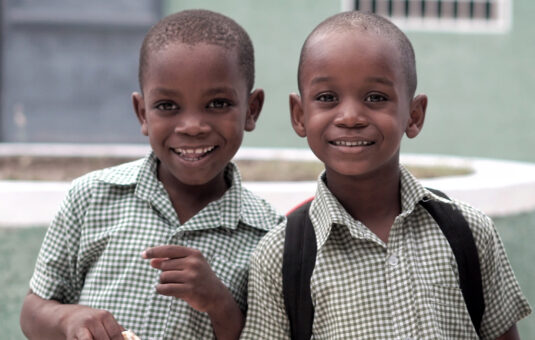
Education, youth, and development
Education and youth development are dynamic processes that extend beyond formal institutions such as schools, and include informal community spaces and youth development organizations. Our commitment to transformative education and youth development is rooted in a global and social justice perspective, emphasizing a critical analysis of power and privilege. At the intersection of educational access, justice, and equity, our work extends to crucial aspects of identity such as gender, race, religion, ethnicity, and class. Through collaborative scholarship and practice, we aspire to create environments that empower young people to navigate, question, and shape the world around them, ultimately contributing to a more just society.
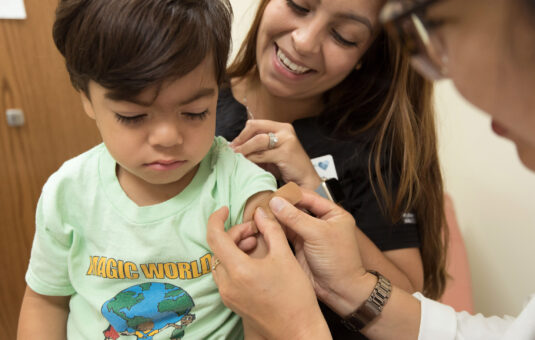
Global health and health equity
We adopt a holistic perspective on health that extends beyond the narrow confines of physical well-being to encompass the mental, spiritual, social, and environmental dimensions. Health is linked to a complex interplay among socio-economic, cultural, political, and environmental conditions. In our research and practice, we are committed to the overarching goal of achieving health equity and justice on a global scale. This commitment requires that we challenge gender, class, and generational hierarchies that shape individuals’ access to resources, opportunities, and health outcomes. Our comprehensive orientation to health research and practice informs strategies that promote inclusivity and foster positive change.
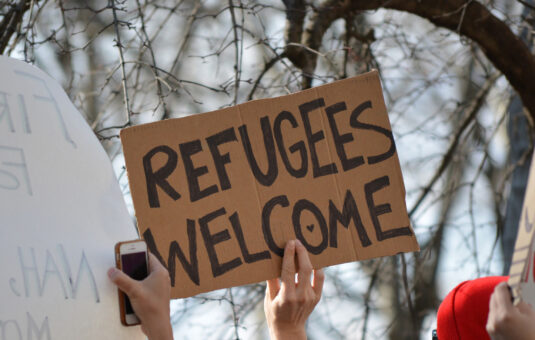
Refugees, forced migration, and human rights
Changing climate patterns are creating a rise in forced migration, geopolitical competition, and conflict-induced displacement. Human societies will need to find mutually sustaining ways to integrate communities together with displaced persons, assess human rights abuses, and plan for humanitarian action.
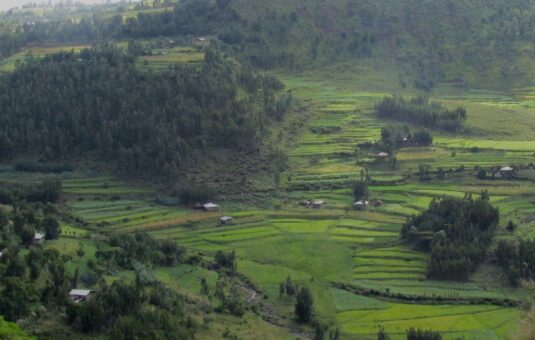
Sustainable food systems
Food is a fundamental human right and central to sustainable, equitable, and just community development. Despite rapid advances in agricultural science and technology, millions of people around the world continue to experience malnourishment and extreme hunger. Human and planetary well-being is not possible unless communities everywhere have equal access to safe, nutritious, sufficient, and culturally meaningful food. Multiple forms of knowledge and expertise are needed to address this complex problem.
Researchers and practitioners at SSJ are helping to improve urban food systems in the city of Worcester, agricultural resilience in Puerto Rico, and exploring the ways Indigenous and other place-based ecological knowledge can enable communities in Ethiopia to enhance food security and anticipate and adapt to change.
Our global reach
Browse faculty research on Clark’s digital commons for a deeper look at the work we’re doing.
Partnerships and centers
Natural Resource Extraction and Society
The Center is committed to cross-disciplinary approaches to research on resource extraction, with a particular focus on theory and methodology coming from political ecology, development studies, landscape ecology, and geographic information science and remote sensing.
Humanitarian Response and Development
The Humanitarian Response and Development Lab is a development and humanitarian assistance research and implementation lab within the George Perkins Marsh Institute. We are engaged in projects that range from policy development to project design and implementation.
The Integration and Belonging Hub
The Integration and Belonging Hub is a nexus for fostering migrant and refugee-inclusive communities locally, nationally, and globally. The Hub focuses on new ways to imagine how societies and the mobile people among them —refugees, asylum seekers, and others — can continually ‘become together.’
Department of Sustainability and Social Justice
-
10 Hawthorne Street
Worcester, MA 01610-1477 - 1-508-793-7201
- 1-508-793-8820 Fax
- idce[at]clarku[dot]edu

